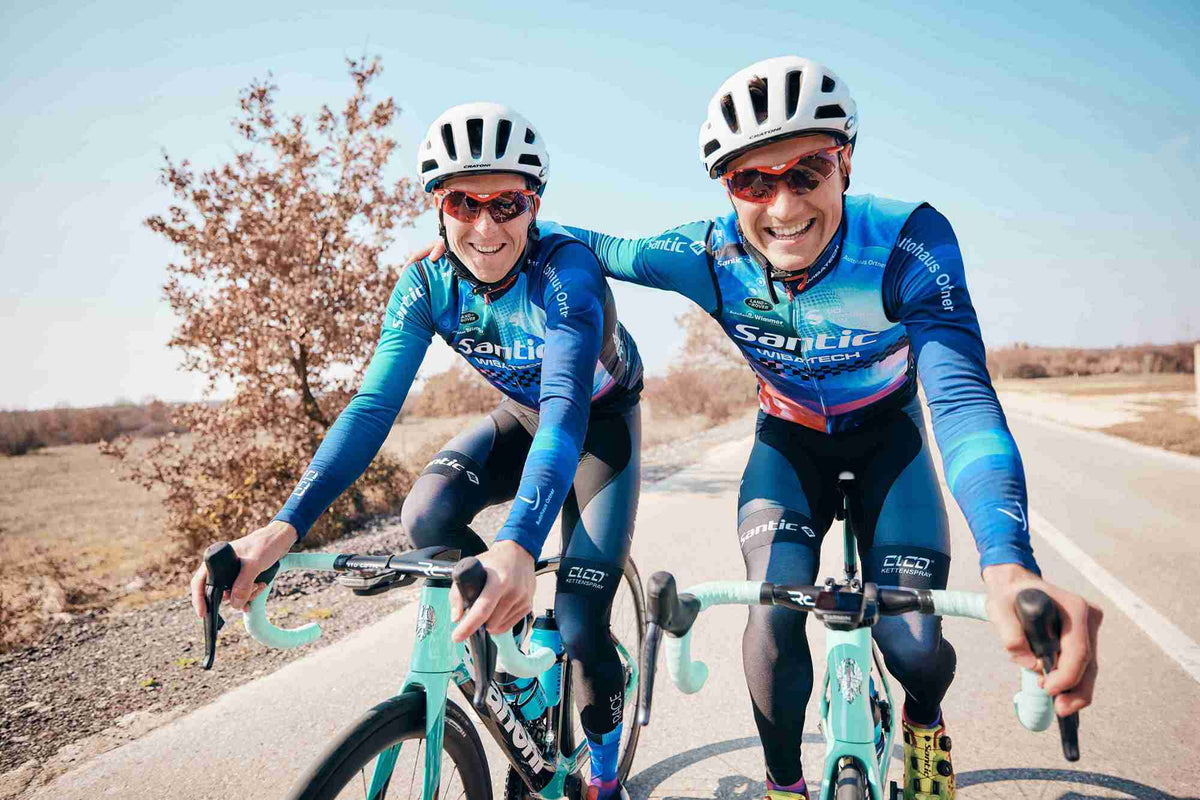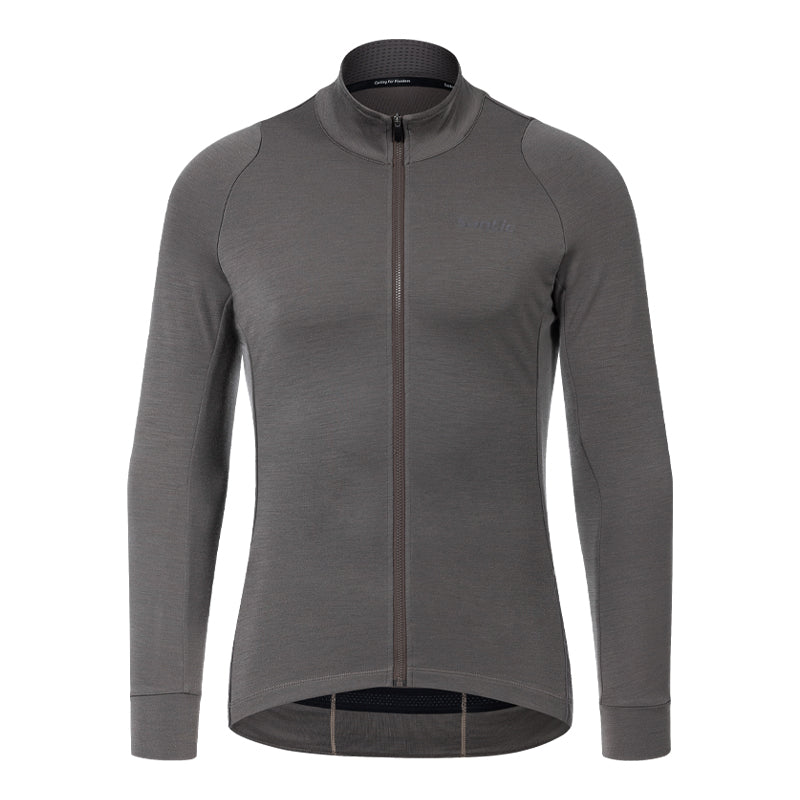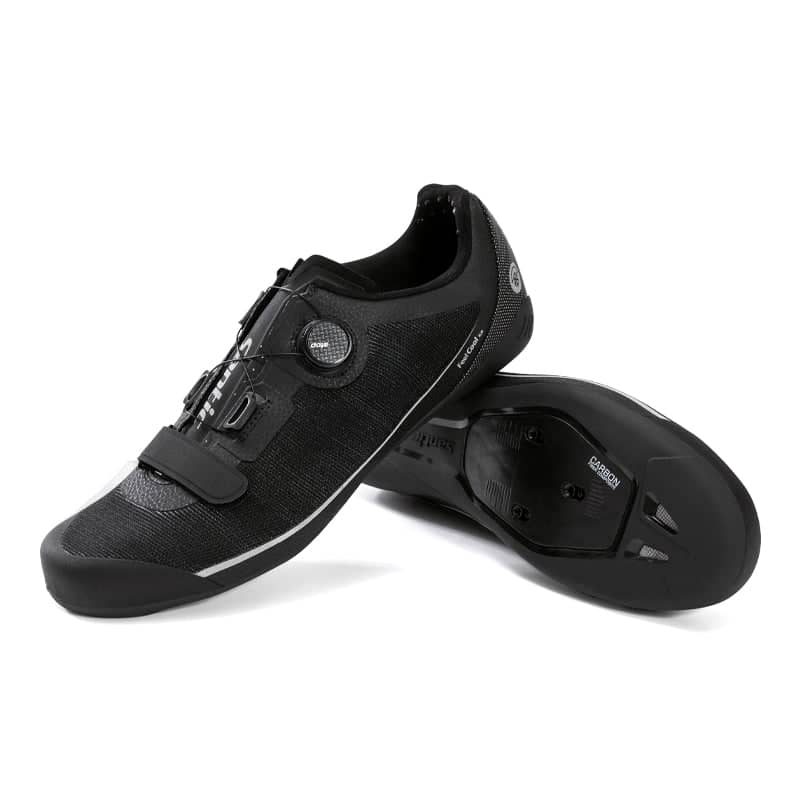You all know what effects calories have on your weight, but did you know that they also play a role in your cycling performance? Taking too few or too many calories can impact your ability to ride your bike.
To ensure you’re having the proper amount of calories for your cycling diet, determine how many you need. The number will vary depending on your weight, activity level, and goals. Once you have that number, try to eat around that amount each day.
If you want to lose weight, develop a calorie deficit by eating fewer calories than you burn. If you maintain your weight, consume the same calories you burn. And if you’re trying to gain weight, eat more than you burn.
A cycling nutrition plan can help you track your calorie intake and ensure you’re on the right track. If you are unsure how to prepare one, perhaps you can check online resources or hire a professional cycling nutritionist.
Cyclists should aim to eat around the same number of calories they burn each day. For instance, a 155-pound cyclist who rides for about two hours per day will need approximately 2,800 calories. You can achieve this by consuming various healthy foods throughout the day.
Post-ride exhaustion should not distract you from the importance of refueling your body with the right food. Plan and make sure you have enough snacks with you on your next cycling trip!
What to Eat During a Ride ?
CCycling is a great way to stay in shape, but it’s crucial to fuel your body with the right food before, during, and after your ride. A cycling nutrition plan is key to performance on the bike. But what should you eat and drink during your next ride?
Long-distance cycling is an excellent exercise for burning calories and improving cardiovascular fitness. However, cyclists must have the proper cycling nutrition diet to maximize cycling performance.
Cycling nutritionists recommend eating before, during, and after cycling to ensure you have enough energy to make it through your ride. This guide has some tips on long-distance cycling nutrition plans and ensuring you don’t bonk on your next ride.
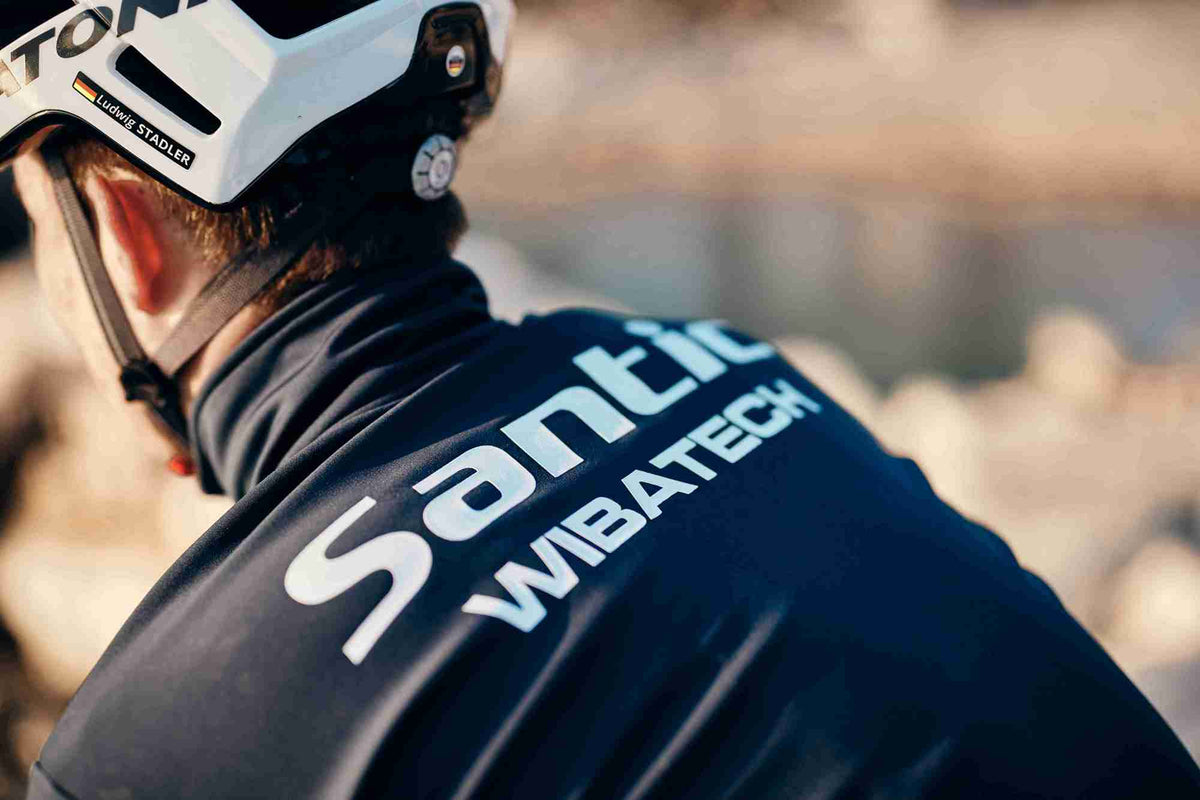
What to Eat Before a Ride ?
Before hitting the road, cyclists should have a light snack that is easy to digest and provides lasting energy. About two hours before your ride, you can take light proteins, like scrambled eggs or a turkey sandwich. If you’re riding closer to the two-hour mark, you can carry along porridge or a half-full juice box.
These combinations will give you sustained energy throughout your ride. Try to avoid eating high-fat or sugary foods before cycling, as they can cause stomach problems and make you feel sluggish.
The fluids will keep you hydrated and help you avoid dehydration. Do not ignore drinking water before a cycling ride. It will not get you sick and feel tired.
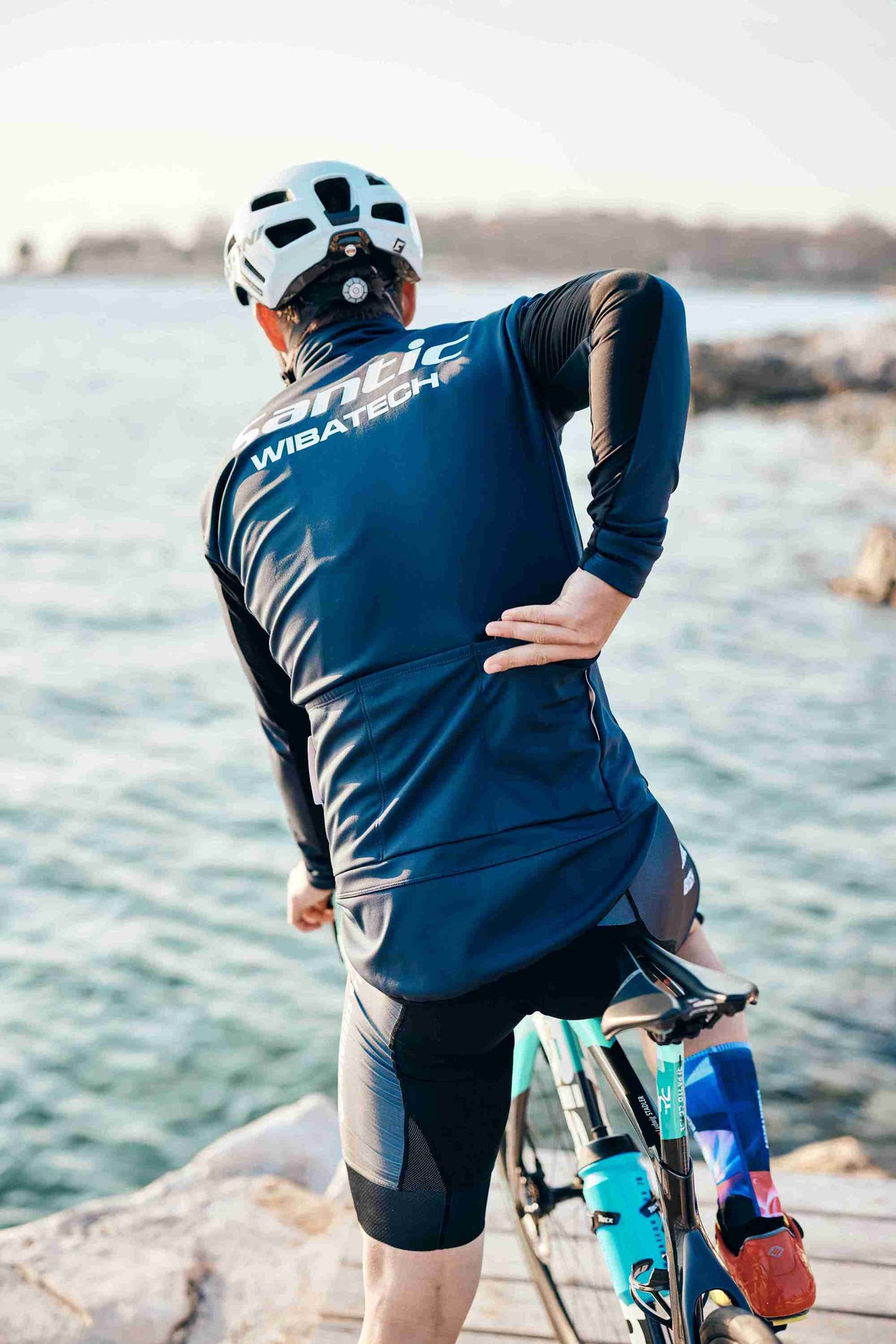
What to Eat During a Ride ?
Once you’re on the bike, your body will quickly burn calories. It’s brilliant to fuel your it with the right food during your ride. Aim to eat about 200-300 calories every hour, depending on how hard you’re cycling.
Cycling nutritionists recommend that you eat foods that are easy to digest and have high carbohydrate content. It will stabilize your energy level throughout the ride.
Good options include carb-based energy bars, bananas, bagels, or sports drinks. Avoid eating foods high in fat or fiber, as they can cause stomach problems.
Once you take this into account, you will fuel your body for the next cycling ride. Always remember there are varying cycling sessions. Let us look into what to take during these different rides.
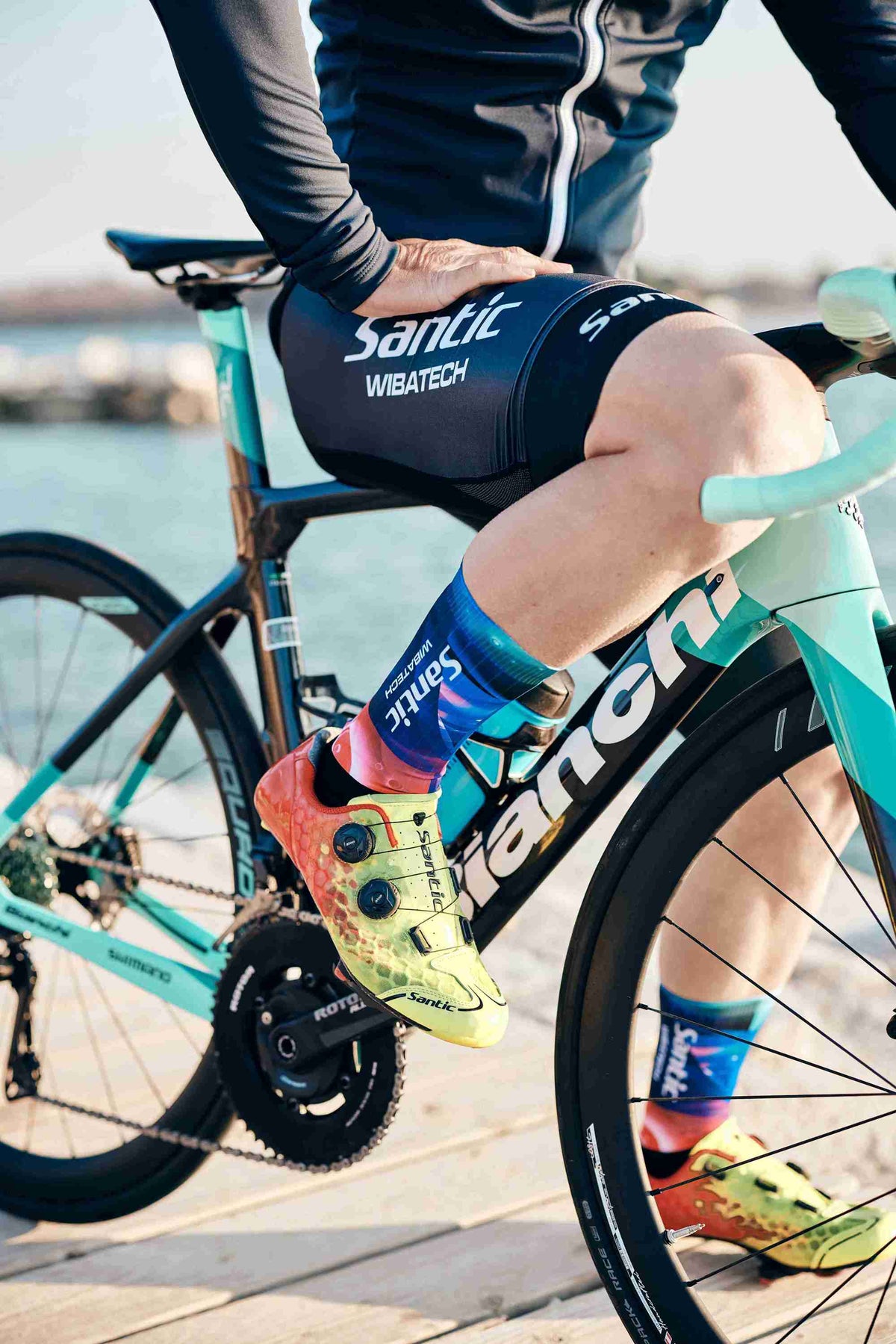
What to Eat After a Ride?
After your cycling trip, refuel your body with protein and carbohydrates. A sandwich, yogurt, or even a protein shake are good choices. It will assist your body in recovering from the ride and prepare you for your next cycling adventure.
Also, nuts, recovery bars, and dry fruits are excellent post-exercise nutrients. Eat these within an hour after finishing your cycling trip. Post-rides snacks help reduce muscle soreness and improve overall recovery.
Now that you know of what to eat before, during, and after your cycling trip, you can focus on having a great ride! Just ensure to carry along plenty of food and drinks with you, so you don’t have to worry about getting hungry or thirsty.
6 Additional tips to make the most out of your cycling diet
Cycling nutrition plans don’t have to be complicated. Here is a stack of tips that can make them a lot easier:
Good fats
Fats come in handy for cyclists because they help transport oxygen and other nutrients to your muscles. They also provide lots of energy, so make sure you include some good fats in your cycling diet. Some of the sources of healthy fats include olive oil, nuts, seeds, and avocados.
Fats come in handy in long-distance rides. They can help release your energy slowly and steadily over some time. This is especially helpful when you’re cycling for more than 3 hours.
You can consume good fats in several ways. Try adding olive oil to your salads or using it as a dressing, snacking on nuts and seeds, or eating an avocado as part of a healthy breakfast or lunch.
You can effectively tackle the hills and long rides with plenty of energy to spare when you do this. Almost all cyclists need more good fats in their diets.
Consume the right amount of calorie
You all know what effects calories have on your weight, but did you know that they also play a role in your cycling performance? Taking too few or too many calories can impact your ability to ride your bike.
To ensure you’re having the proper amount of calories for your cycling diet, determine how many you need. The number will vary depending on your weight, activity level, and goals. Once you have that number, try to eat around that amount each day.
If you want to lose weight, develop a calorie deficit by eating fewer calories than you burn. If you maintain your weight, consume the same calories you burn. And if you’re trying to gain weight, eat more than you burn.
A cycling nutrition plan can help you track your calorie intake and ensure you’re on the right track. If you are unsure how to prepare one, perhaps you can check online resources or hire a professional cycling nutritionist.
Cyclists should aim to eat around the same number of calories they burn each day. For instance, a 155-pound cyclist who rides for about two hours per day will need approximately 2,800 calories. You can achieve this by consuming various healthy foods throughout the day.
Post-ride exhaustion should not distract you from the importance of refueling your body with the right food. Plan and make sure you have enough snacks with you on your next cycling trip!
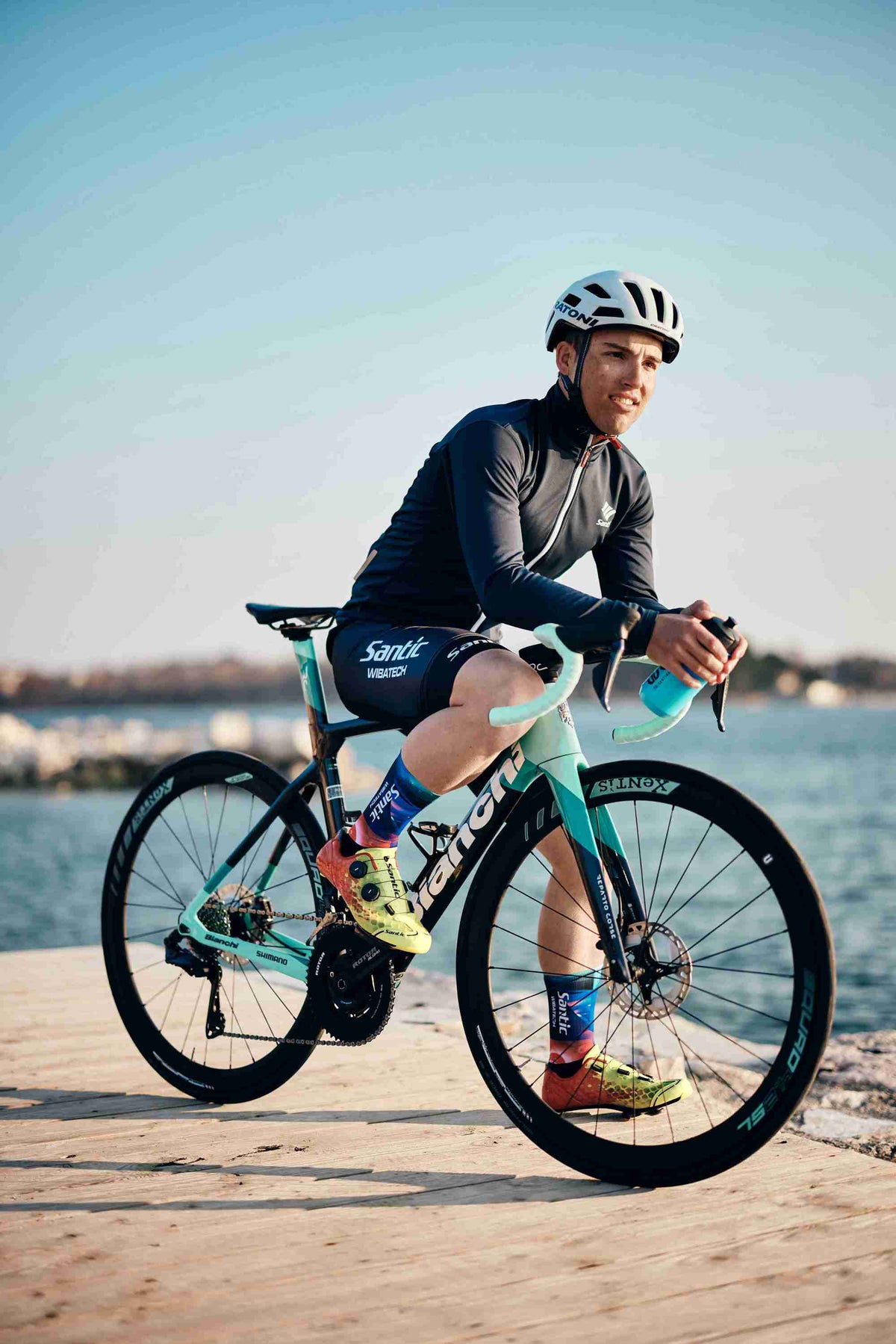
Make sure to eat enough protein
Protein is another essential nutrient for cyclists. It helps repair muscle damage and promote muscle growth, which is vital for any cycling diet. It would help to include at least 0.5 grams of protein per pound of body weight each day.
Including enough protein in your cycling diet is vital for a few reasons:
1. It helps you feel fuller after eating, which can prevent overeating.
2. It assists in reducing muscle soreness and improving overall recovery.
3. Protein builds and maintains muscle mass.
4. Cyclists who consume
sustainable protein have a higher endurance level.
Examples of protein sources include meat, poultry, fish, eggs, dairy products, legumes, and nuts. You can incorporate protein into your diet by including various foods in your meals and snacks.
Protein is easy to find in both plant-based and animal-based sources. If you’re a vegan or vegetarian, make sure to include plenty of legumes, nuts, and seeds in your cycling diet to get enough protein.
If you are a long-distance cyclist, you need more protein than the average person. Consider consulting a sports nutritionist to help you determine how much protein you need each day. They will create a personalized cycling diet plan to help you meet your cycling goals.
After your ride, you can have a protein shake or bar to help muscle recovery. Also, take plenty of fluids, especially water, during and after your rides to stay hydrated.
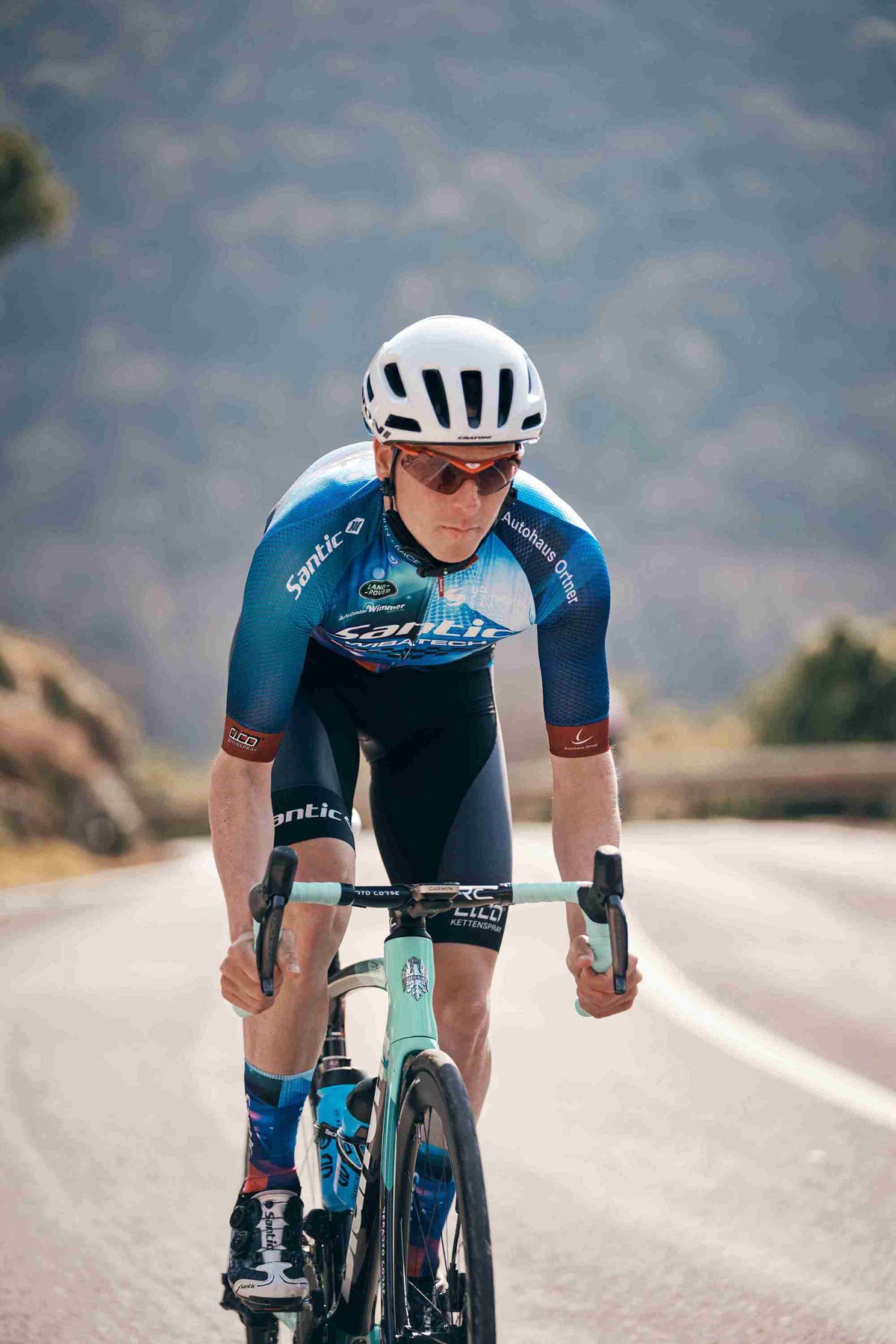
Eat natural foods for cycling
Processed foods should be limited in any cycling diet. They’re often high in sugar, unhealthy fats, and sodium, all of which can sabotage your cycling performance. Instead, focus on eating natural foods that are packed with nutrients.
These include fruits, vegetables, whole grains, lean protein, and healthy fats. These foods provide the energy and nutrients you need to perform your best on the bike.
Eating various healthy foods is the key to fueling your cycling workouts and improving your performance. You’ll feel energized and strong on the bike when you eat these foods. You can comfortably ride longer distances and feel good the next day.
Remember there is no single food that can provide all the valuable nutrients you need for cycling. You need to eat various healthy foods to get the most out of your cycling diet. If you are addicted to processed foods and other unhealthy eating habits, you will find it challenging to change your eating style. However, if you are willing to make a few changes, you can improve your cycling performance with a healthy diet.
You can begin by making simple changes, such as replacing sugary drinks with water and including various fruits and vegetables in your meals. You can include more healthy foods into your diet as you get used to these changes. Soon you will be eating the way that best supports your cycling performance.
Vitamins and minerals
Cyclists also need to be sure they’re getting enough vitamins and minerals in their diet. These nutrients are essential for muscle growth and energy production. Some great vitamins and minerals for cyclists include:
Vitamin D: Vitamin is good for bone health and muscle function. Cyclists can get vitamin D from exposure to the sun, fortified foods, and supplements.
Iron: The mineral helps transport oxygen to muscles. Cyclists can get iron from meat, fish, and nuts.
Zinc: It is suitable for protein synthesis and immune function. Cyclists can get zinc from poultry and legumes.
Calcium: It benefits your bone health. Cyclists can get calcium from dairy products.
Ensure you’re getting enough of these vitamins and minerals in your diet to support your cycling experience. You can meet most of your nutrient needs with a healthy diet, but take supplements to ensure you’re getting enough.
Some of the supplements you can rely on are multivitamins, iron, and calcium supplements. Be sure to talk with your nutritionist to see if you need any of these supplements and know which ones would be best for you.
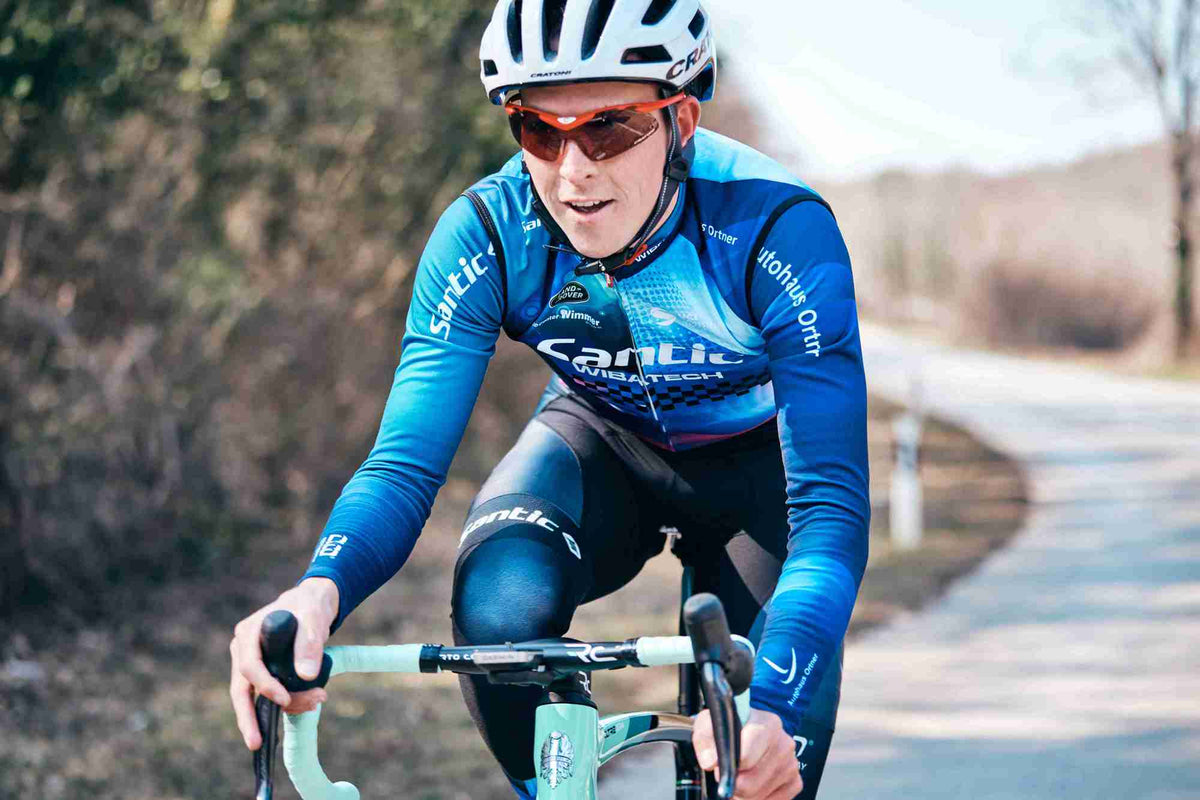
Carbohydrates: The body's fuel supply
Carbs are the body's leading source of fuel. They are excellent for cyclists because they provide energy for long rides. When you exercise, your body consumes its glycogen stores. Carbs help refill these stores, so you have energy for your next ride.
Cyclists need to eat plenty of carbohydrates to support their cycling workouts. The best sources of carbs for cyclists include oatmeal, whole grain bread, fruits, and vegetables. These foods provide sustained energy throughout your ride.
If you are looking for a quick source of carbs, try sports drinks or bars. These products are designed to provide energy quickly so you can continue your ride. However, be sure to read the label carefully before purchasing these products. They have high sugar content and other unhealthy ingredients.
An alternative to sports drinks and bars is homemade energy bars. These bars are made with healthy ingredients and will provide you with sustained energy throughout your ride. Most of them consist of oats, nuts, and dried fruit. You can make them in advance and store them in your saddlebag for easy access during your ride.
Conclusion
Cycling is a superb way to move around and see the world. It’s also an effective exercise for improving your health and strengthening muscles.
It is wise to take a healthy diet to get the most out of your cycling trips. This means eating whole, unprocessed foods and getting plenty of vitamins and minerals. It’s also good to ensure you’re getting enough carbohydrates to fuel your body.
By complying with these tips, you are assured of energy and strength to cycle wherever you want to go.
Related Articles
【Best Cycling Diet】
https://santic.com/blogs/extra/best-cycling-diet
【Cycling Nutrition】
https://santic.com/blogs/extra/cycling-nutrition-you-need-know
【Carb Cycling Diet】
https://santic.com/blogs/extra/carb-cycling-diet

